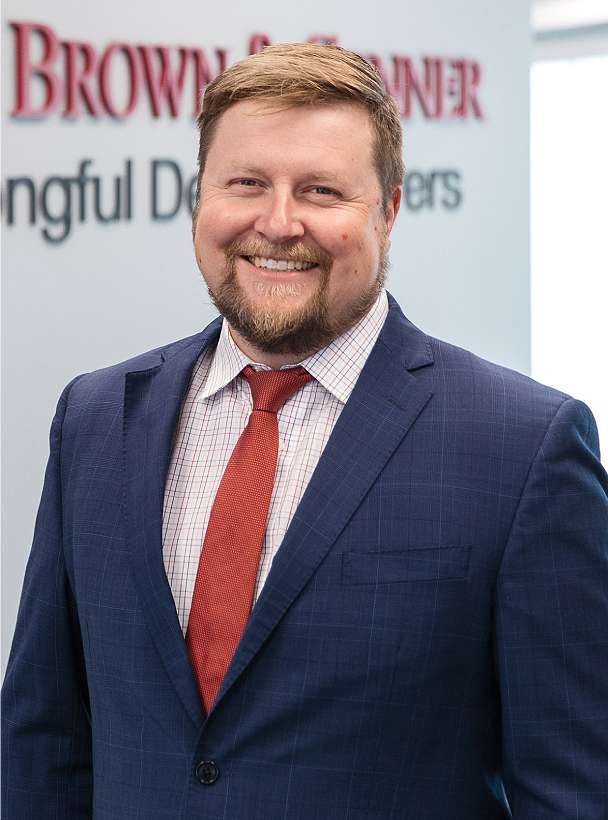Washington Deposition Process and Personal Injury Cases Attorneys
A deposition is part of the personal injury claim process. It is a pre-trial procedure wherein one party will obtain information from the other party by using a formal meeting with questions and answers. It is often conducted in one party’s attorney’s office, but just because it is out of the courtroom does not mean that you are not required to take an oath or state the truth. Depositions have mandatory attendance, and a judge can issue a subpoena for you to attend. These meetings typically interview the plaintiff, defendant, witnesses, and other parties associated with the claim.
In the deposition, an injury attorney will ask the individual a series of questions directly related to the claim. The person being interviewed may have his or her own attorney present to monitor those questions. Regardless of the question, the person being interviewed must answer truthfully and accurately; a copy of all answers and questions will be submitted as evidence to the court. There may even be a court recorder present to document the session.
Questions You May Be Asked
The types of questions that will be asked are up to the questioning attorney, but there are some common types of questions that you will hear in depositions. These include information specific to the incident, and possibly the victim’s past injuries or medical conditions. Some common questions asked include:
- Injuries and illnesses that you have had during your life
- What types of lawsuits that you have filed in the past (if any)
- If you have a criminal record and if so, what for
- Details about the accident
- Details about your injuries from the accident
- What you can no longer do because of your injuries
- The costs that you have encountered because of the injury
- What your job history is
- Past residences and employment information
You may be asked unrelated questions, too, but these are often to test memory. For example, you could be asked what color the other party’s car was – this example question may be asked to ensure that you were really paying attention at the scene.
Preparing for Your Deposition
Your personal injury attorney will prepare you as much as he or she can for your upcoming deposition. Your Washington personal injury lawyer may even do trial runs with his or her own questions, so that you get a better idea of how the process works. A good accident and injury lawyer will be thorough in the preparation process and may:
- Explain the entire process and purpose of the deposition
- Go over your medical records and get explanations about any unclear things
- Talk to you about your pain scale, and how to convey this to the other side
- Teach you about the importance of telling the truth, but also about not exaggerating your injuries
- Discussing the facts and reviewing that you should never guess or estimate. If you do not know, don’t answer
- Asking you about your injuries in detail
- Going with you to the scene of the accident to help you recall details
Speak with a Washington Personal Injury Attorney
If you have been seriously injured, you need an injury attorney in Washington by your side who works as your advocate. Contact Brett McCandlis Brown & Conner, PLLC today. We help victims of catastrophic injuries. Schedule your appointment now at 800-925-1875 or fill out our online contact form with your questions.


